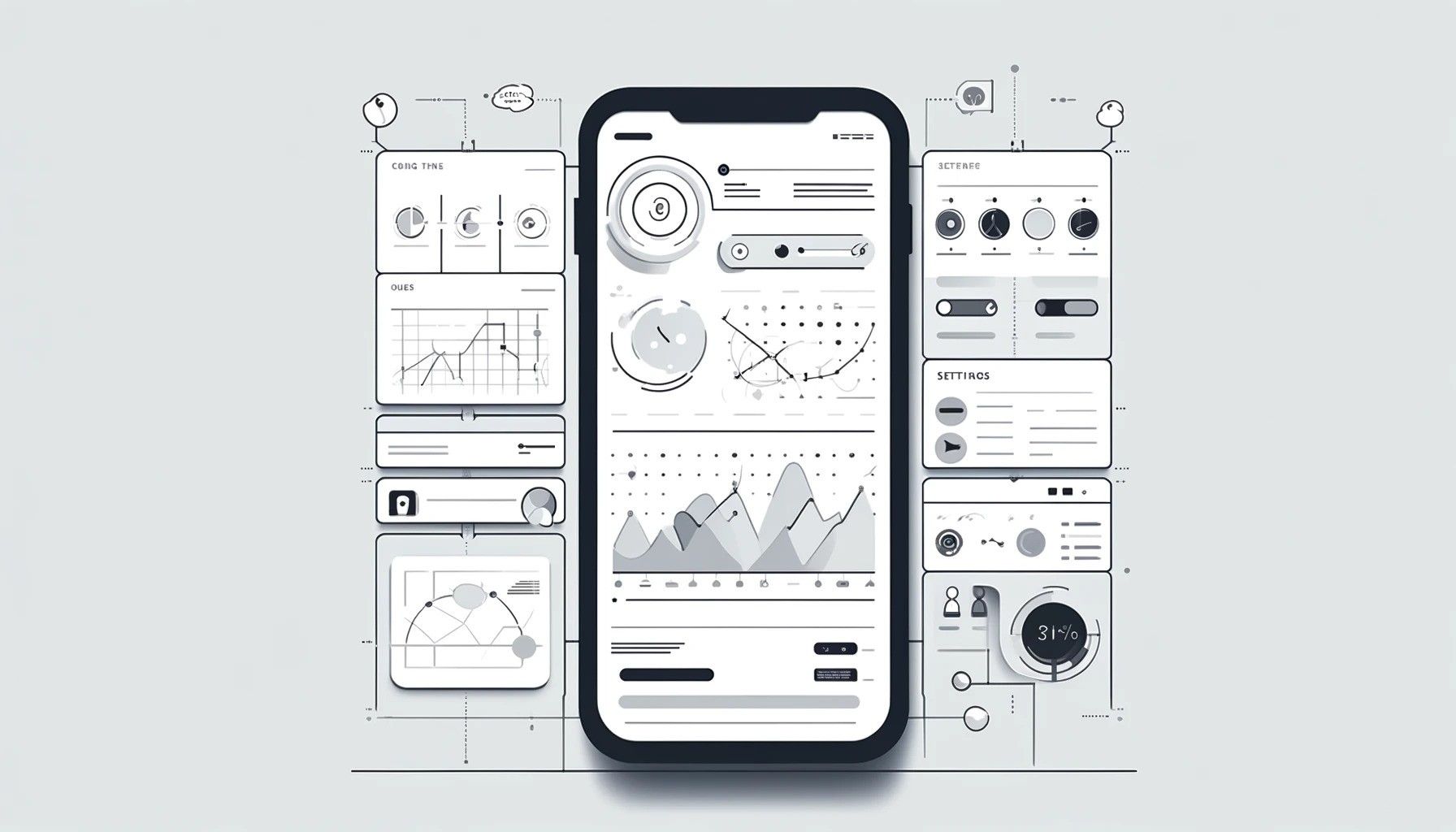Enterprise applications are essential tools for modern businesses, enabling them to streamline operations, improve efficiency, and make data-driven decisions.
These large-scale software systems are designed to meet the complex needs of organizations, offering scalability, integration, and advanced features that go beyond regular software applications.
From managing customer relationships to optimizing supply chains, enterprise applications play a critical role in supporting various business processes.
This blog explores what enterprise applications are, how they differ from regular software, the types of enterprise applications available, and their top benefits.
What Is an Enterprise Application?
An enterprise application is a large-scale software system designed to operate in a corporate environment to satisfy the needs of an organization rather than individual users.
These applications are complex, scalable, distributed, and mission-critical, integrating with other systems within the organization.
They support business processes, information flows, reporting, and data analytics, providing a comprehensive platform to manage the diverse and extensive requirements of a business.
Read Also: What Are The Risks In The Mobile App Development Industry?
How Do Enterprise Applications Differ from Regular Applications?
Enterprise applications differ from regular software applications in several key ways. Firstly, they are designed to support multiple users simultaneously across various locations, ensuring high availability and reliability.
They are also built to handle large volumes of data and complex transactions, often requiring integration with other enterprise systems like CRM, ERP, and SCM. Additionally, enterprise applications offer advanced security features to protect sensitive corporate data.
In contrast, regular software applications are typically designed for individual or small-group use, with less emphasis on scalability, integration, and security.
Types of Enterprise Applications
Customer Relationship Management (CRM): Helps manage a company's interactions with current and potential customers, improving relationships and driving sales growth.
Enterprise Resource Planning (ERP): Integrates core business processes such as finance, HR, manufacturing, and supply chain into a single system to improve efficiency and decision-making.
Supply Chain Management (SCM): Manages the flow of goods, information, and finances as they move from supplier to manufacturer to wholesaler to retailer to consumer.
Human Resources Management (HRM): Facilitates the management of employee information, payroll, recruitment, benefits, and performance analysis.
Business Intelligence (BI): Provides tools for data analysis and reporting to help businesses make informed decisions based on insights derived from data.
Read Also: Which type of Web Development is right for you?
Top Benefits of Enterprise Applications
Increased Efficiency: By automating routine tasks and integrating various business processes, enterprise applications help streamline operations and reduce manual effort, leading to increased productivity.
Improved Data Management: Enterprise applications centralize data from different departments, providing a single source of truth. This improves data accuracy, accessibility, and consistency across the organization.
Enhanced Collaboration: These applications facilitate better communication and collaboration among employees by providing tools for sharing information, managing projects, and working together in real-time.
Better Decision Making: With advanced analytics and reporting capabilities, enterprise applications provide actionable insights that help businesses make informed strategic decisions.
Scalability: Enterprise applications are designed to grow with the organization, handling increasing amounts of data and users without compromising performance.
Regulatory Compliance: These applications often include features that help businesses comply with industry regulations and standards, reducing the risk of legal issues and penalties.
Top 10 Enterprise Application Examples
Here are the top examples of enterprise applications:
Example 1: Asana
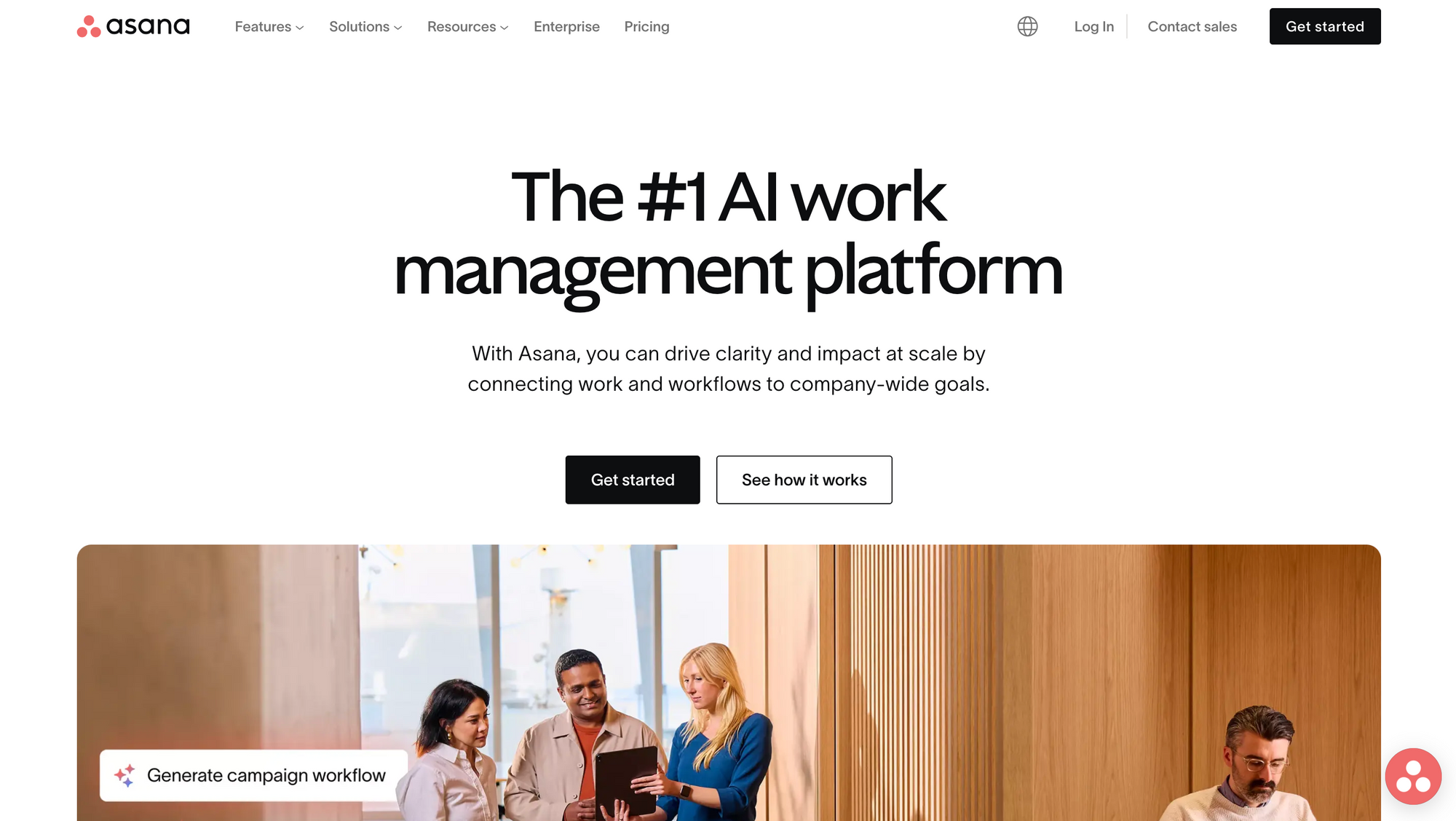
Asana is a work management platform that helps teams organize, track, and manage their work. It provides a visual project timeline, task dependencies, and milestones to ensure projects stay on track.
Asana’s features include task assignments, due dates, project tracking, and team communication, all in one place. It integrates with other essential tools like Slack, Microsoft Teams, and Google Drive, making it a central hub for collaboration.
Its scalability makes it suitable for both small teams and large organizations, supporting complex workflows and project management needs.
Use case example: Experts of Clickysoft, a website design Houston company, use Asana to streamline their project management, ensuring efficient task tracking and team collaboration. By leveraging Asana's robust features, Clickysoft sets clear timelines, assigns tasks with deadlines, and monitors progress in real-time. This enables them to maintain high levels of productivity and meet project deadlines consistently.
Example 2: Oracle E-Business Suite
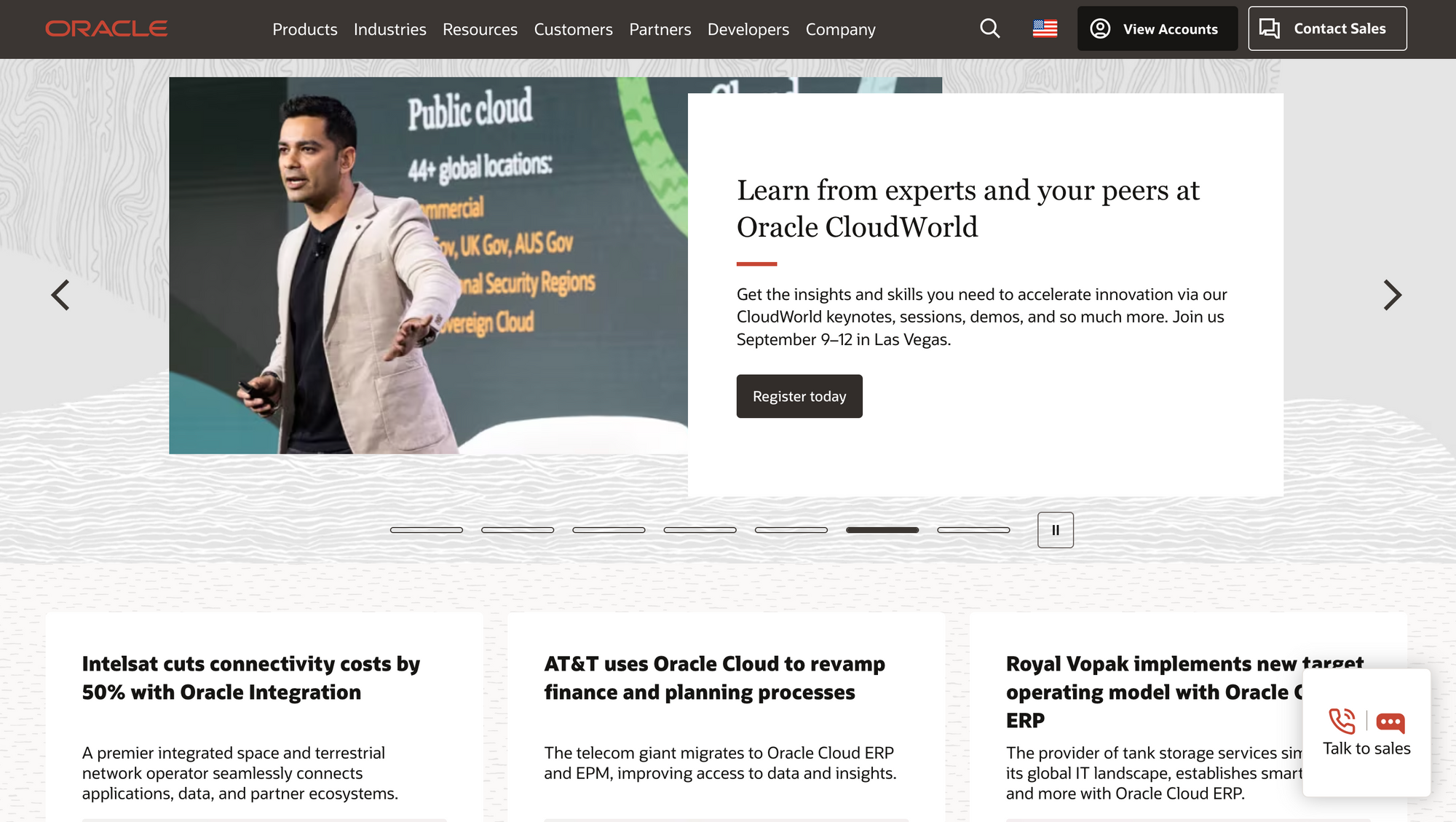
Oracle E-Business Suite is a comprehensive suite of business applications for enterprise resource planning (ERP), customer relationship management (CRM), and supply chain management (SCM).
It supports various business functions such as finance, procurement, project management, and human resources. The suite is highly customizable and scalable, catering to the specific needs of different industries.
Oracle’s robust analytics and reporting capabilities provide insights to drive business decisions. Its integration with other Oracle solutions and third-party applications enhances its utility across different business processes.
Example 3: Microsoft Dynamics 365
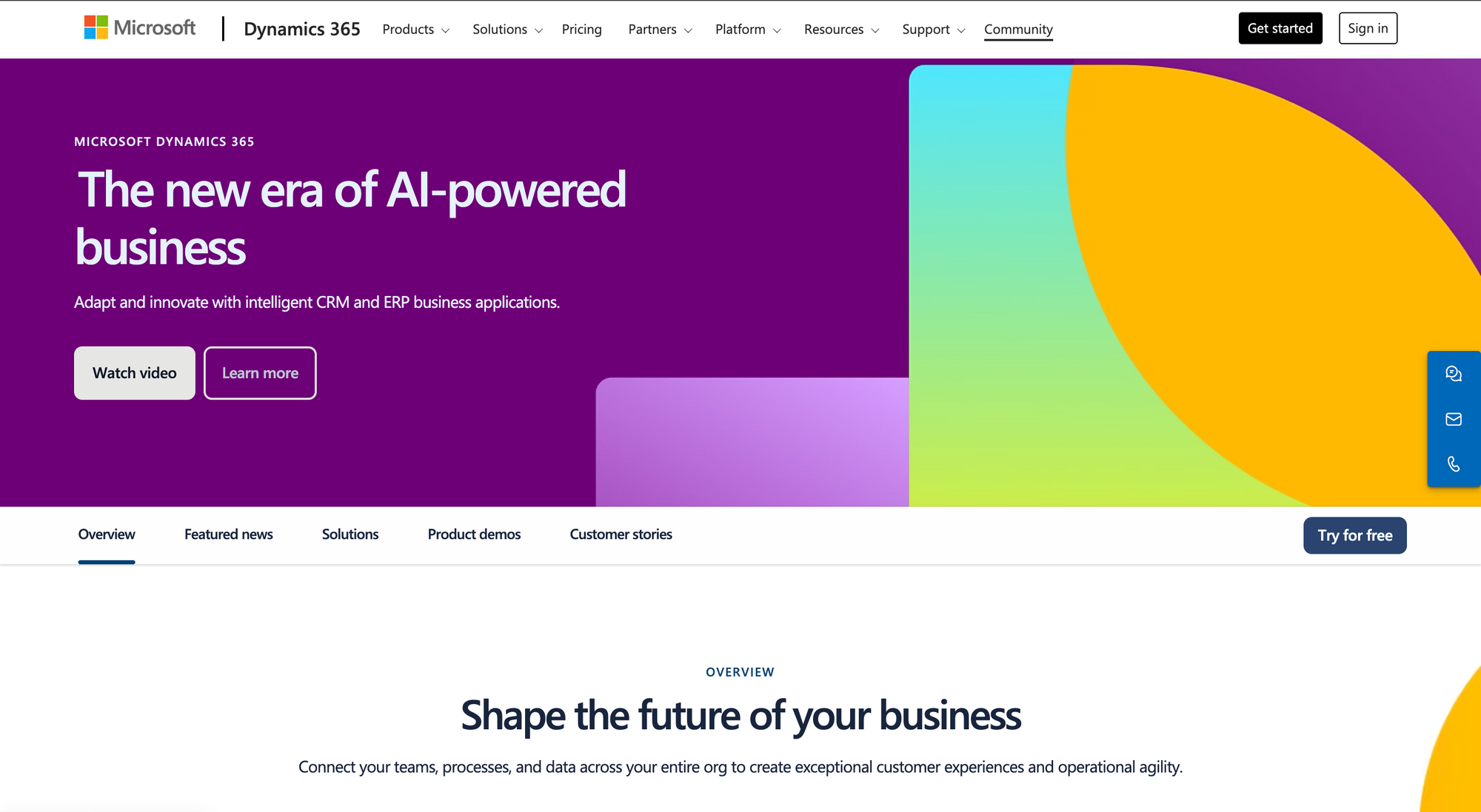
Microsoft Dynamics 365 is a cloud-based suite of applications that combines ERP and CRM capabilities. It helps organizations manage their operations, financials, sales, and customer service.
Dynamics 365 offers modules for various business functions, including marketing, finance, supply chain, and HR. The platform leverages AI and machine learning to provide insights and automation, enhancing decision-making and operational efficiency.
Its seamless integration with other Microsoft products like Office 365 and Azure provides a comprehensive solution for businesses looking to streamline their operations.
Example 4: ServiceNow
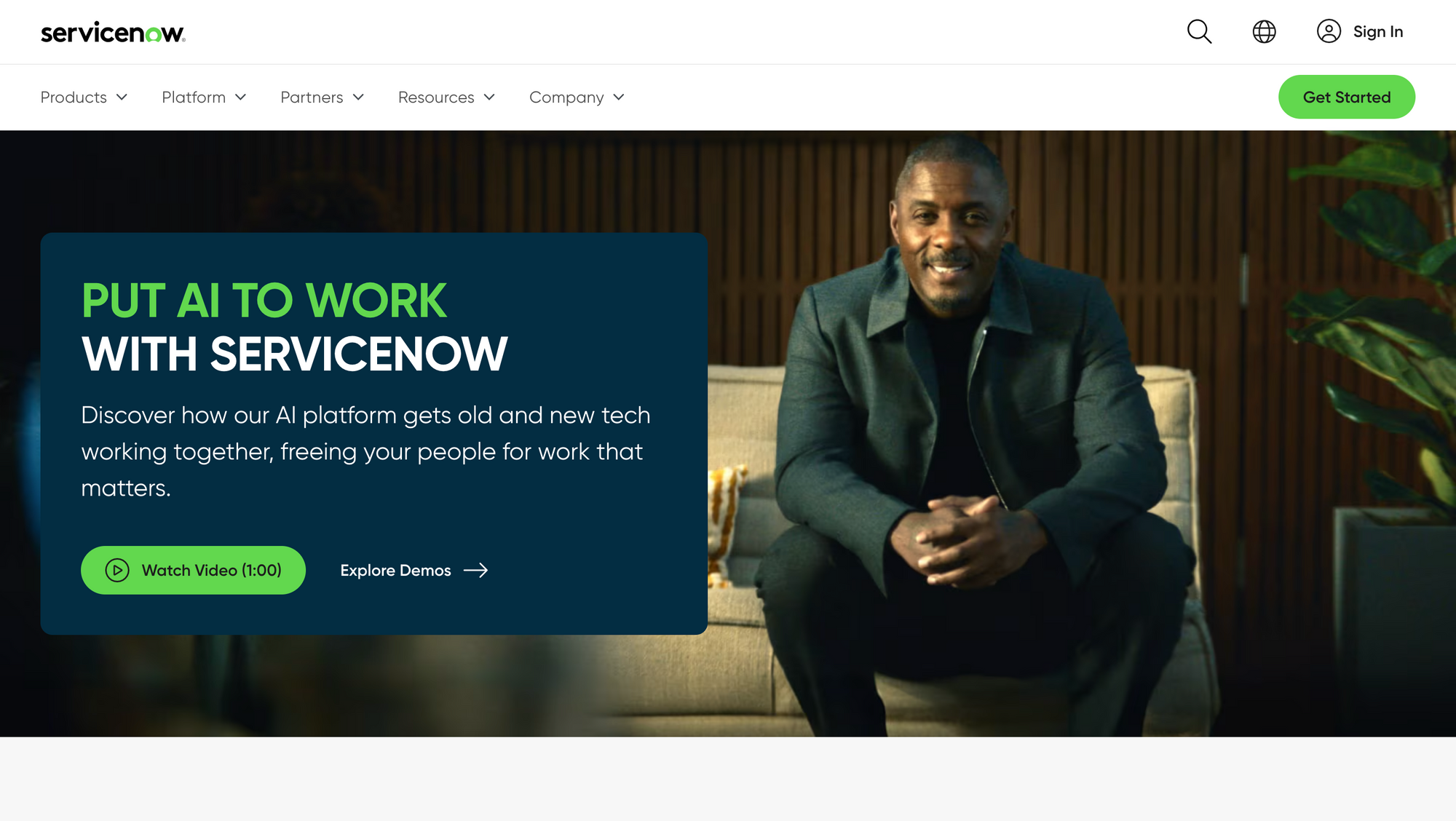
ServiceNow is a cloud-based platform that provides enterprise solutions for IT service management (ITSM), IT operations management (ITOM), and IT business management (ITBM).
It helps organizations automate workflows, streamline service delivery, and improve operational efficiency. ServiceNow’s capabilities extend to HR, customer service, and security operations, making it a versatile tool for various enterprise needs.
Its robust analytics and AI-powered insights help in identifying and resolving issues proactively, enhancing overall service quality and efficiency.
Example 5: HubSpot
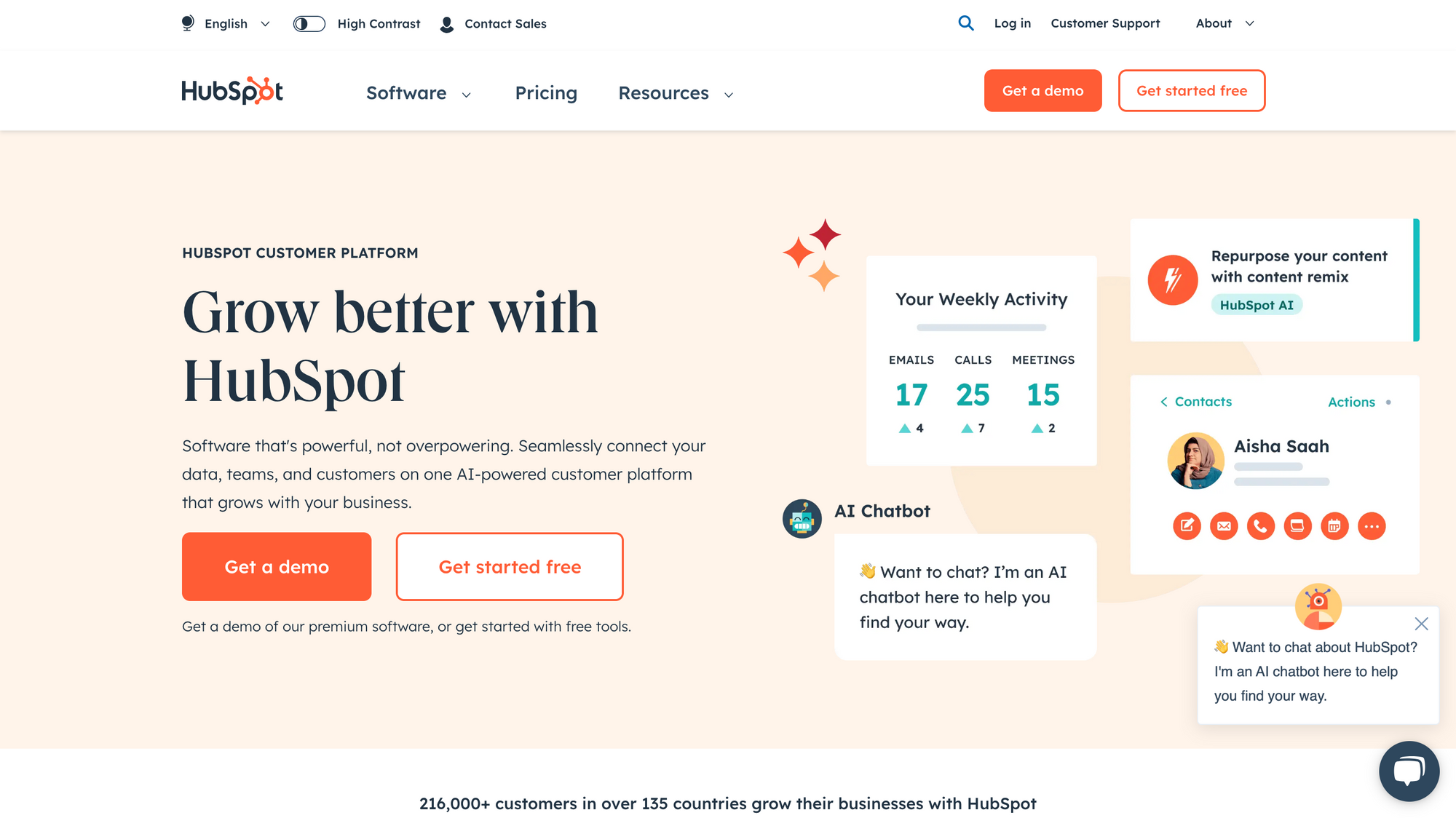
HubSpot is a comprehensive CRM platform designed to help businesses grow by providing tools for marketing, sales, customer service, and content management. It offers features like email marketing, SEO optimization, social media management, and detailed analytics.
The platform is highly scalable, catering to both small businesses and large enterprises with advanced capabilities like custom objects, predictive lead scoring, and conversation intelligence.
Its integration with over 1,500 third-party apps, including Salesforce, Slack, and Google Workspace, enhances its functionality, making it a versatile tool for various business needs.
Additionally, it supports Salesforce integration to further streamline business processes and enhance CRM capabilities.
Example 6: NetSuite
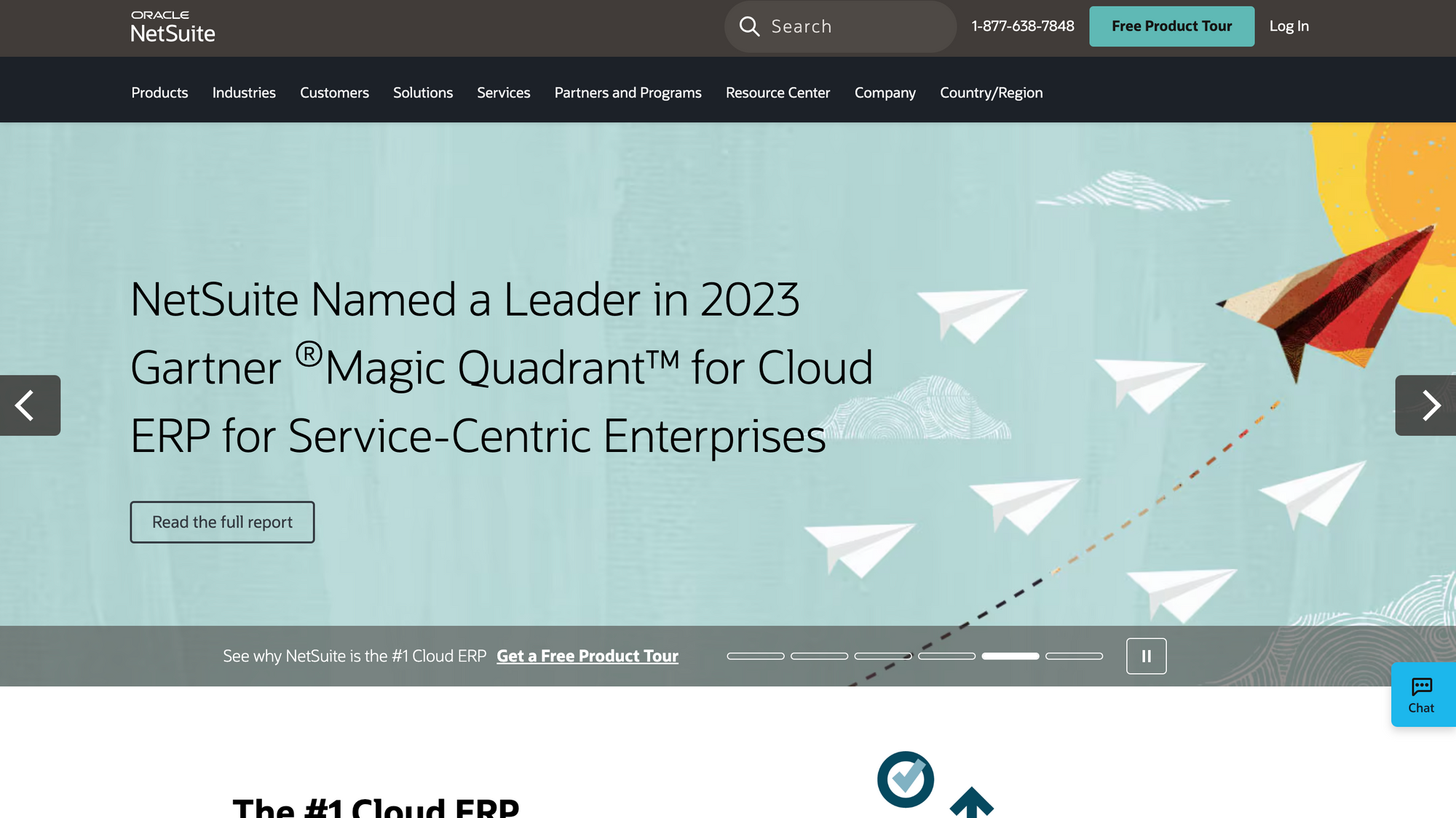
NetSuite is a cloud-based business management suite offering ERP, CRM, e-commerce, and professional services automation (PSA) capabilities. It supports various business functions such as financial management, order management, inventory, and procurement.
NetSuite’s real-time analytics and reporting provide insights to drive informed decision-making.
The platform’s scalability and flexibility make it suitable for businesses of all sizes, helping them streamline operations and improve efficiency.
Its integration with other business applications enhances its utility across different business processes.
Example 7: JIRA
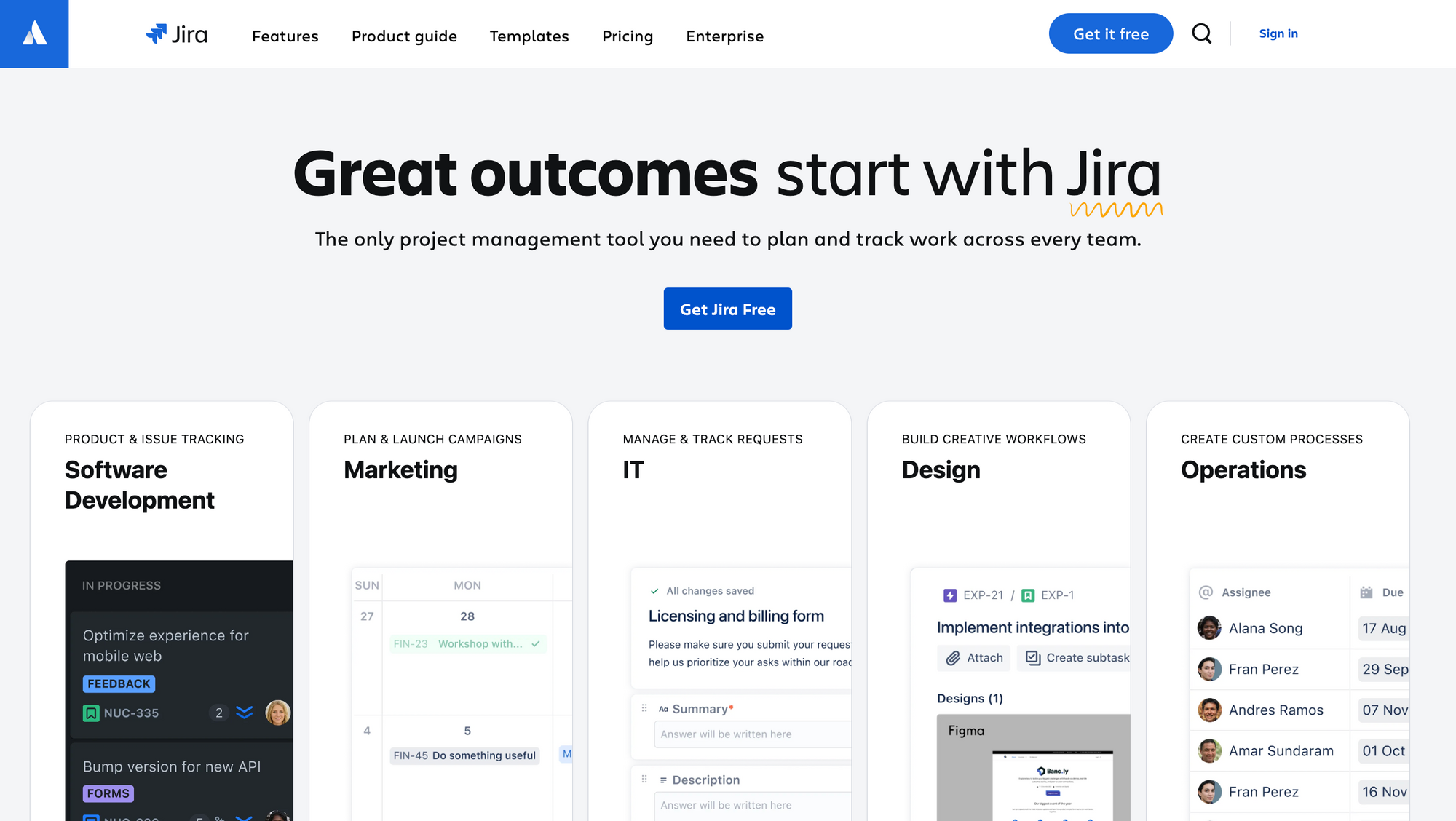
JIRA by Atlassian is a project management and issue-tracking tool designed primarily for software development teams. It supports agile methodologies, providing features for sprint planning, backlog prioritization, and real-time reporting.
JIRA’s customizable workflows, advanced reporting, and integration with other development tools like Bitbucket and GitHub make it a powerful tool for managing software projects.
Its scalability and flexibility also make it suitable for non-software teams looking to manage tasks and projects efficiently.
Example 8: Adobe Experience Manager
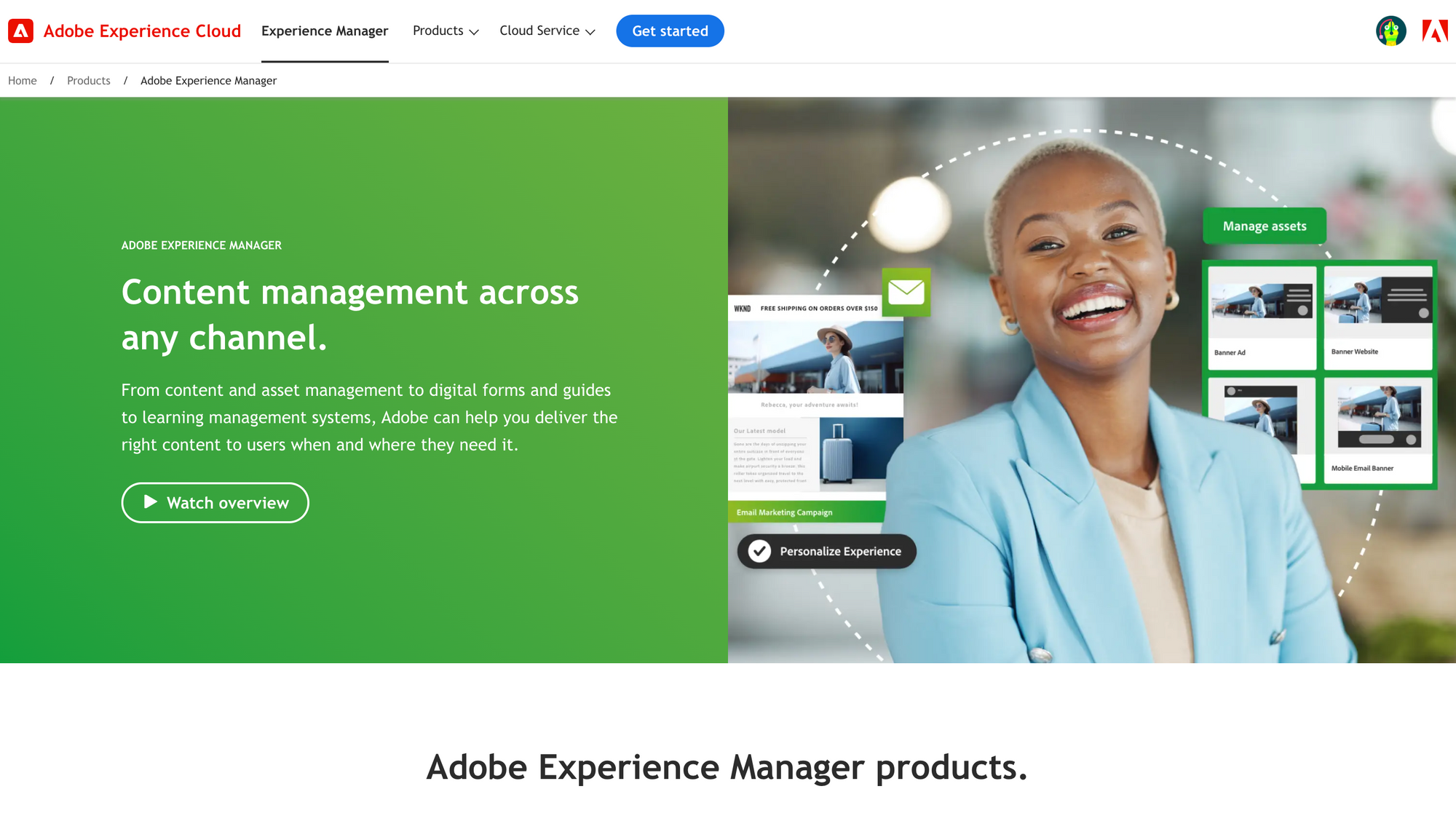
Adobe Experience Manager (AEM) is a comprehensive content management solution for building websites, mobile apps, and forms.
It combines a digital asset management (DAM) system with a content management system (CMS) to streamline the creation, management, and delivery of content across different channels.
AEM’s integration with Adobe’s Marketing Cloud provides robust analytics and personalization capabilities, helping businesses deliver engaging digital experiences.
Its scalability and flexibility make it suitable for both small businesses and large enterprises looking to enhance their digital presence.
Example 9: Zendesk
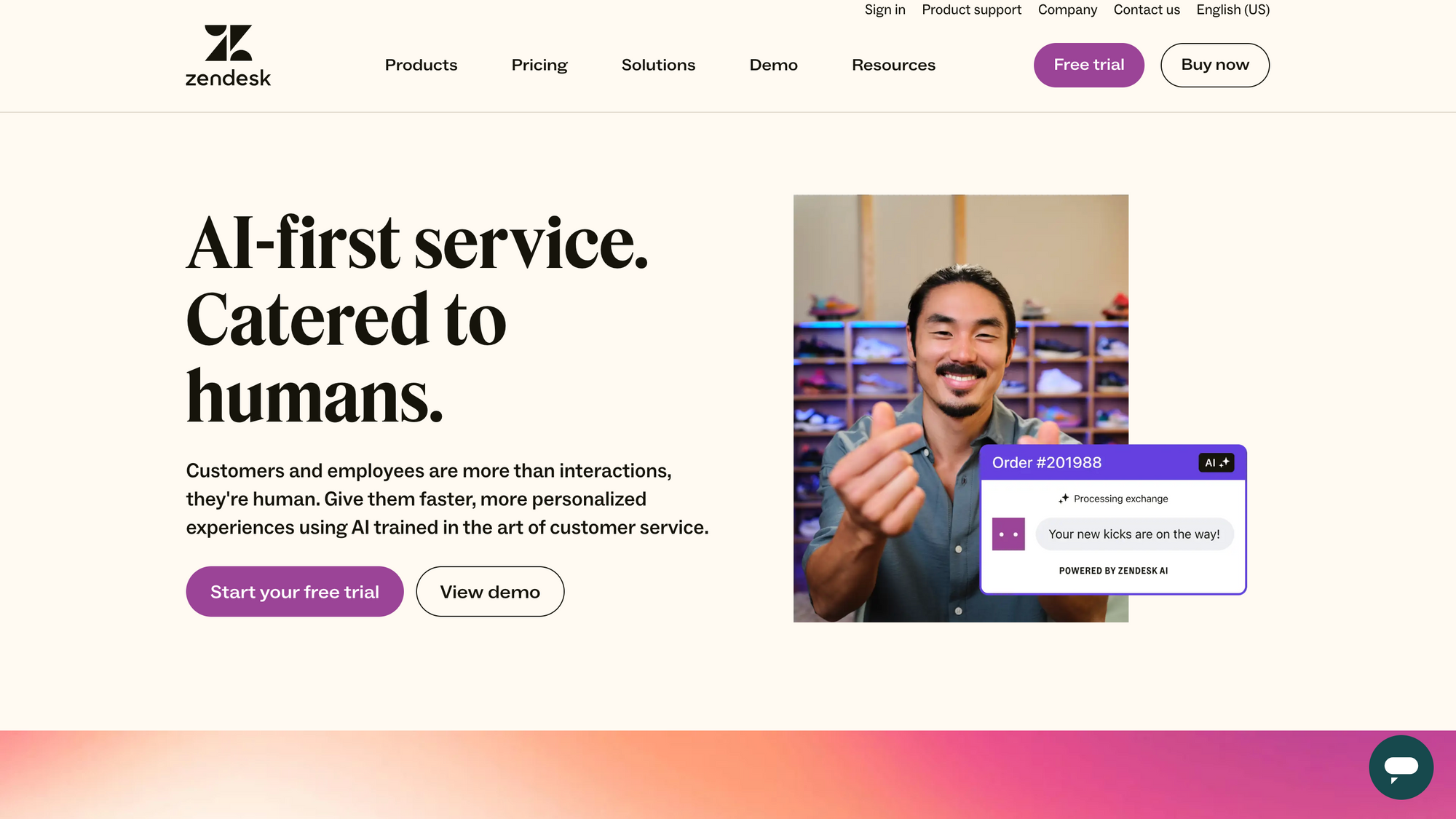
Zendesk is a customer service platform that helps businesses manage customer support across various channels, including email, chat, phone, and social media.
It offers features like ticketing, automation, self-service portals, and analytics to improve customer service efficiency and effectiveness. Zendesk’s integration with other business applications enhances its functionality, providing a comprehensive solution for customer support.
Its scalability and flexibility make it suitable for businesses of all sizes, helping them deliver exceptional customer experiences.
Example 10: Trello
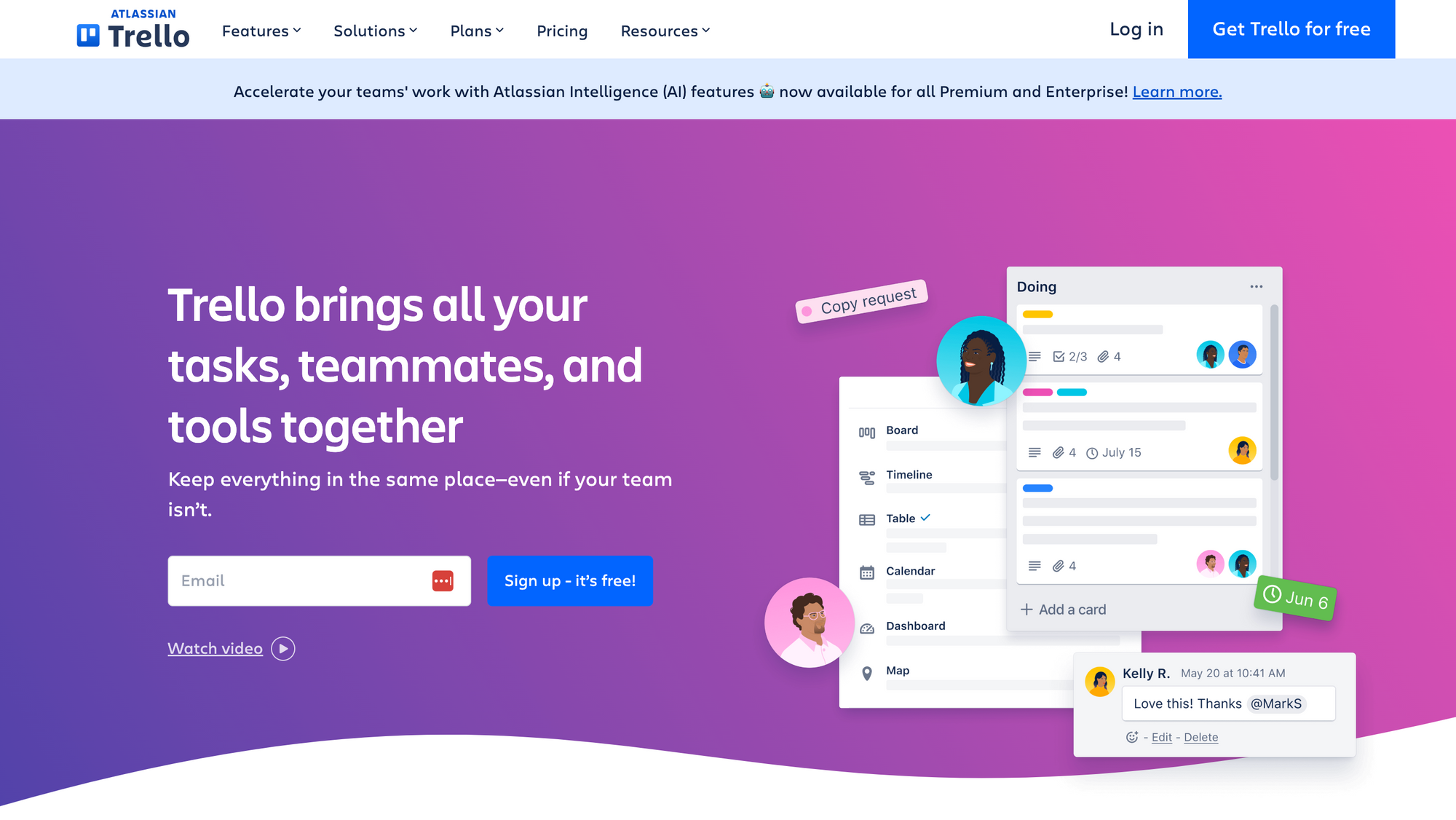
Trello is a visual collaboration tool that helps teams organize their projects and tasks using boards, lists, and cards. It provides a flexible and intuitive interface for managing workflows, tracking progress, and collaborating with team members.
Trello integrates with various productivity tools like Slack, Google Drive, and Microsoft Teams, enhancing its utility across different business processes.
Its simplicity and versatility make it suitable for both small teams and large organizations, supporting a wide range of project management needs.
Final Thoughts
In conclusion, enterprise applications are indispensable for organizations looking to enhance their operational efficiency and decision-making capabilities.
These applications support a wide range of business functions, from customer relationship management to supply chain optimization, providing comprehensive solutions tailored to organizational needs.
Their ability to integrate with other systems, handle large volumes of data, and offer advanced security features makes them superior to regular software applications.
As businesses continue to evolve, leveraging enterprise applications will be crucial in maintaining competitiveness and achieving long-term success.
FAQs
What are enterprise applications?
Enterprise applications are large-scale software systems designed to meet the complex needs of organizations. They support various business processes, provide data analytics, and integrate with other systems to enhance overall operational efficiency.
How do enterprise applications differ from regular software applications?
Enterprise applications are designed for multiple users, handle large volumes of data, offer advanced security features, and integrate with other enterprise systems like CRM, ERP, and SCM. Regular software applications typically cater to individual or small-group use and focus less on scalability and integration.
What are some common types of enterprise applications?
Common types of enterprise applications include Customer Relationship Management (CRM), Enterprise Resource Planning (ERP), Supply Chain Management (SCM), Human Resources Management (HRM), and Business Intelligence (BI).
What are the benefits of using enterprise applications?
Benefits include increased efficiency through automation, improved data management with centralized information, enhanced collaboration among employees, better decision-making with advanced analytics, scalability to grow with the organization, and regulatory compliance features.

